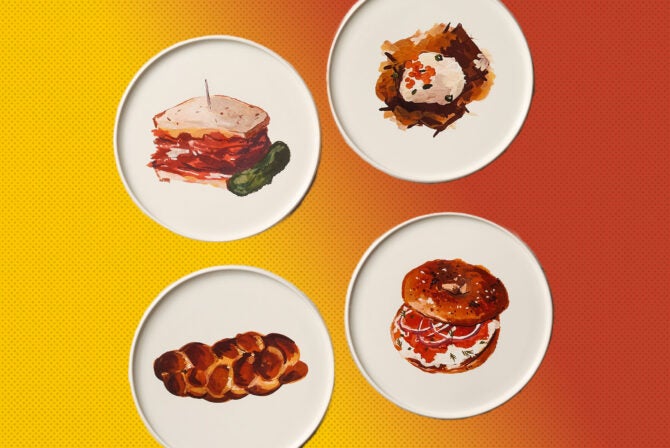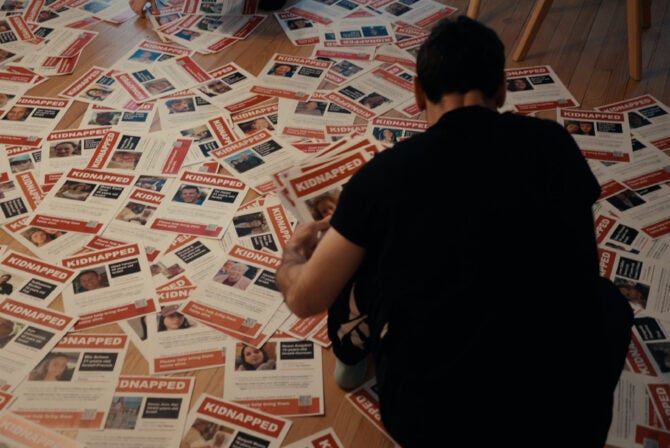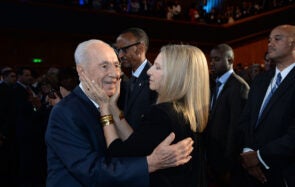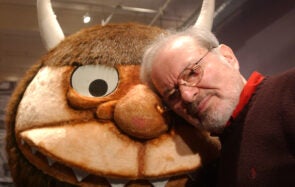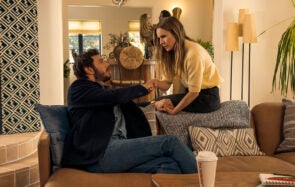A male colleague and I were chatting at a departmental meeting when he caught sight of the thick streak of gray hair at my temple. He sucked in his breath.
“Ooh! Are you going to do anything about that?” he asked me.
I was surprised by his concern for my vanity. “No, why would I?” I replied. “I don’t mind it.”
He looked skeptical, but then wandered off in search of coffee, leaving me to ponder my hair.
I’ve had gray and white hairs among my mess of dark brown curls since I was in my early 20s, or possibly even my late teens. It has never bothered me—and in fact it seemed natural, since I’d been told that the paternal side of my family had a tendency to go gray early.
However, many of my relatives, both male and female, dye their hair.
Over the years, they have regularly pressured me–and even shamed me–about the prematurely aged appearance of my locks. “Do you want to look old?” I was asked a lot. And I was told it wasn’t right for me to look older than people who actually were older than me, never mind that their faces, to be honest, looked older than me, despite my few gray hairs. “Dye your hair,” I was told.
My hair stylists agreed with my relatives. Of course, the people who work at salons have a financial stake in the matter, but some also seem worried about me. “Do you really want to look like that? Think of the message it sends! Do you want me to help you out and do something about all that gray?”
A few times, I agreed to dye my hair, partially because I began to feel that something was indeed wrong with my looks and partially because it seemed fun. I thought you’d get to sit and read a magazine in a salon, being pampered, and then you’d have an interesting new look to try out.
Maybe that’s true for some people, but I didn’t enjoy having a hair stylist chatter at me for all that time, I didn’t like the smell of the dye—and I didn’t think my hair looked any better without the gray. I felt I looked fake and not like myself. I also quickly realized that if you want to continue to keep the gray covered, you have to spend a lot of time and money on your hair.
I last dyed my hair many years ago, but the topic is still raised more frequently than it’s worth. I stand my ground, but it always irritates and bothers me that I have to keep being told I don’t look good. And now that I have a child, I’m even more disturbed by all the pressure that’s placed on women’s appearances.
Why is the state of my hair seemingly of more importance than the condition of what’s under my hair: my mind? Why do relatives, friends, and even colleagues appear to care more about my looks than about how I feel or what I am accomplishing? Why am I supposed to spend my limited time and money on expensive and unenjoyable trips to the salon, when I could be hanging out with my daughter or budgeting for our next vacation?
And in a more general sense, how much mental energy do women spend on things that don’t really matter that much? What would it be like if we didn’t waste brain space stressing out about a few gray hairs, and instead focused on being with our loved ones, or trying out new hobbies, or doing one of hundreds of other, more satisfying tasks?
My wife and I are our daughter’s first models for what it means to be an adult woman. The message I want to send her is that what’s inside matters much more than what’s outside. I will never mock her for the color of her hair—or for any other aspect of her appearance—or suggest she make changes. I don’t want her to get the idea that our love for her is conditional on how she looks.
She sometimes states, “I have brown hair. Mummy and Mama have brown and white hair!” I like to reply, “Yes, that’s right, and you will too one day.” She nods and the conversation moves on. She has more important things to think about than her hair, like riding her bike or reading books. And that’s just the way it should be.

